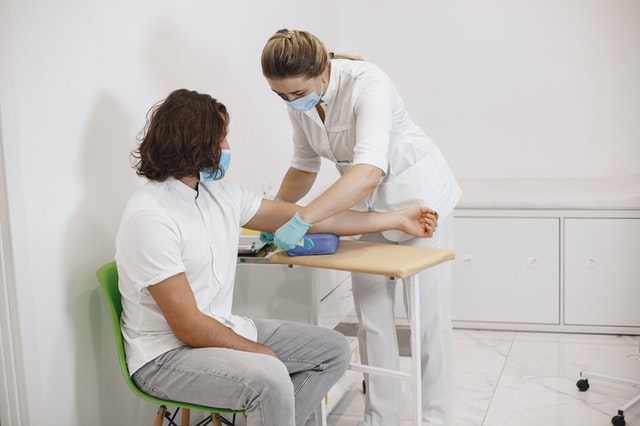If you’re looking for a quality Gold Coast women’s health clinic that provides excellent, personalised care, read on. Women’s health clinics offer a wide range of services—from routine check-ups and screening programs to nutrition and wellness advice—so you can get the support you need to stay healthy and informed.
Here are the top women’s health clinic benefits you’ll appreciate.
Increased Health and Fitness Levels
Regular check-ups and targeted programs at women’s health clinics can help you improve your overall fitness and well-being. When you become more active and make healthier choices—such as better nutrition, regular physical activity, and preventive care—your energy, mood, and physical functioning improve. Clinics often provide tailored support, including health assessments, exercise advice, and referrals to allied health professionals (dietitians, physiotherapists, and exercise physiologists) to help you meet realistic, sustainable goals.
Improved Mental Health
Women’s health clinics frequently include mental health screening and access to counseling or referrals, which can reduce stress, anxiety, and symptoms of depression. Having a trusted clinic where you can discuss emotional as well as physical concerns leads to earlier identification of mental health needs and more coordinated care. For reliable information on mental health and women-specific considerations, see resources from public health organisations like the CDC Women’s Health.

Reduced Risk of Serious Illness and Complications
Preventive care at women’s health clinics can lower the risk of serious illness and the need for major surgery. Clinics offer regular screenings, vaccinations, and early-intervention services which help detect conditions—such as cervical, breast, and ovarian abnormalities—at an earlier, more treatable stage. For example, evidence-based screening programs can improve outcomes for many cancers; see more on screening and prevention from the CDC Cancer Screening page.
Early detection also allows for less invasive treatments when issues are identified promptly, reducing recovery time and potential complications. Additionally, clinics provide education on reproductive health, pregnancy planning, and chronic disease management to help minimise long-term risks.
Affordable, Accessible Care
Women’s health clinics often offer a wide range of services at lower cost than larger tertiary hospitals. Many clinics provide sliding-scale fees, bulk-billing options, or targeted low-cost programs for specific populations. They can also help you navigate financial assistance programs and connect you with community resources. For general guidance on women’s services and how care is organised in public systems, see resources such as the NHS Women’s Health pages.
Coordinated, High-Quality Care
A reputable clinic prioritises continuity of care and coordination among specialists. Staff are typically experienced in female-specific conditions and can provide or arrange services including contraception counselling, fertility support, maternity care, menopause management, and treatment for menstrual or pelvic pain. Many clinics also maintain up-to-date patient education materials and can connect you with trusted external resources or specialists when needed. Professional bodies, such as the Royal College of Obstetricians & Gynaecologists, offer clinical guidance that clinics commonly use—see their site for further reading: RCOG.
Conclusion
Women’s health clinics deliver focused, compassionate care designed to address the full spectrum of women’s health needs. By promoting prevention, early detection, mental health support, and coordinated services, these clinics can help you improve your fitness, reduce health risks, and access affordable, high-quality care. If you haven’t yet explored the women’s health services in your area, consider scheduling a visit to discuss your health goals and available preventive services—your health will thank you.
For global perspectives on women’s health priorities and strategies, the World Health Organization provides an overview at WHO – Women’s Health.
